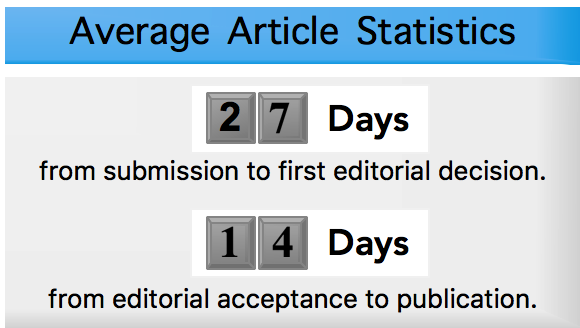Downloads
Abstract
In the context of modern industry characterized by a circular economy, there is growing interest in research on the application of cellulases from microorganisms to convert by−products from fields and farms into highly economical substrates in the field of biofuel technology. Bacillus velezensis has recently emerged as a candidate with the ability to process lignocellulosic compounds with CMCase activity. This paper presents the evaluation of the physical conditions in the culture process and the optimization of the environment for cellulase collection from B. velezensis using the response surface method according to the Box−Behnken design. Suitable culture conditions for collecting CMCase activity from the B. velezensis strain was as follows: 8 hours of growth in LB medium, 15 hours 8 hours of growth to collect cellulase, 1.5 x 107 CFU/mL of seed density, and an initial pH5 for the induction medium. The CMCase activity obtained after optimization was 2.342 ± 0.005 (UI/mL). The medium including glucose 0.397%, tryptone 1.087%, CMC 0.509% helped to increase about 2.8 times compared to the former optimization. The obtained results would provide a foundation for further in-depth studies, such as collecting, purifying, and evaluating cellulase activity from B. velezensis strain with environmental agents, as well as applications of cellulase from this bacterial strain in the treatment of agricultural by−products.
Issue: Vol 9 No 3 (2025)
Page No.: 3416-3424
Published: Sep 30, 2025
Section: Original Research
DOI: https://doi.org/10.32508/stdjns.v9i3.1405
PDF = 40 times
Total = 40 times


 Open Access
Open Access 








